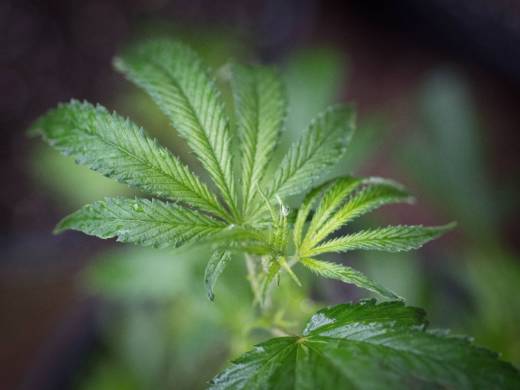If you've been convicted of marijuana-related crimes in California, you might be able to have your record wiped clean or the charges greatly reduced under a provision in the state's new marijuana law, Proposition 64. More than 4,000 people already have petitioned the courts about their records and sentencing.
According to The Washington Post, officials in California want to "reverse decades of marijuana convictions that can make it difficult for people to gain meaningful employment and disproportionately affect low-income minorities."
Eunisses Hernandez, a policy coordinator at the Drug Policy Alliance, told the Post:
We worked to help create a legalized and regulated process for legal marijuana, but we also wanted to make sure we could help -- some way, somehow -- repair the damages of marijuana prohibition.
In August 2016, the DPA reported that almost 500,000 people had been arrested for pot crimes in California from 2006 to 2015.
